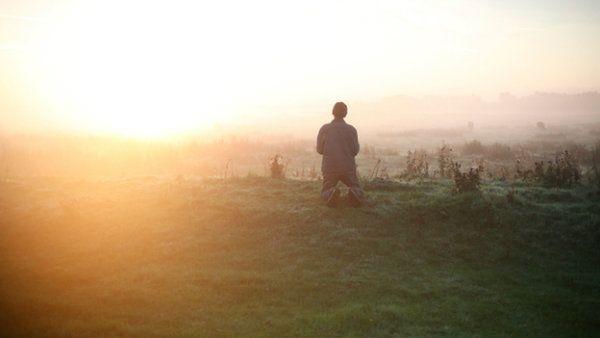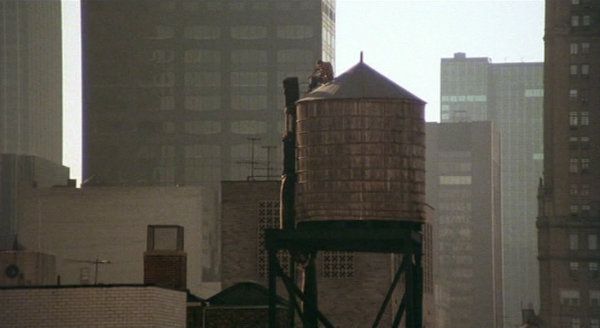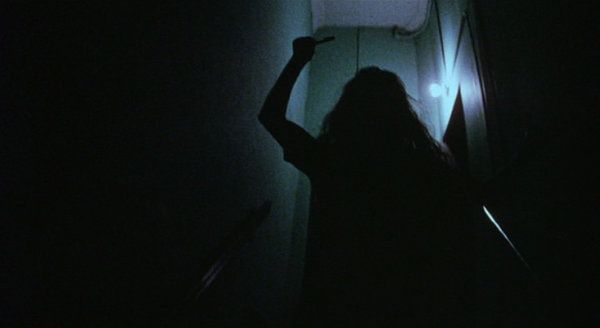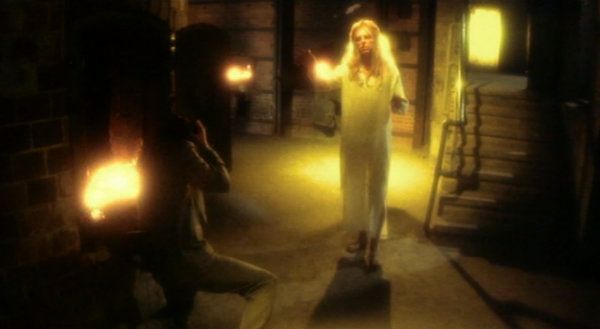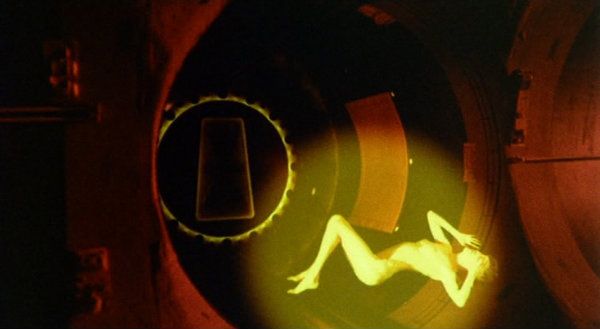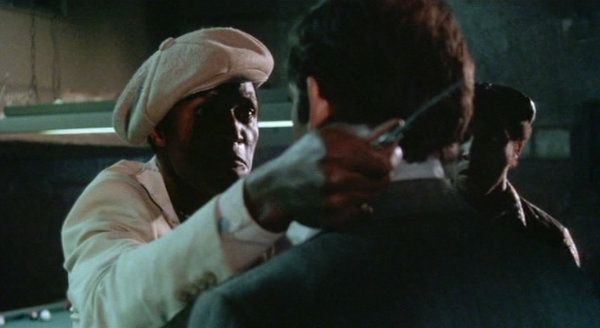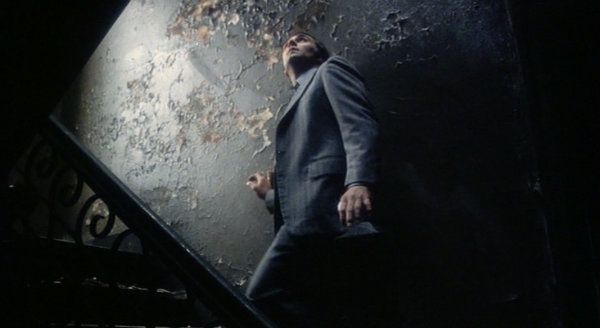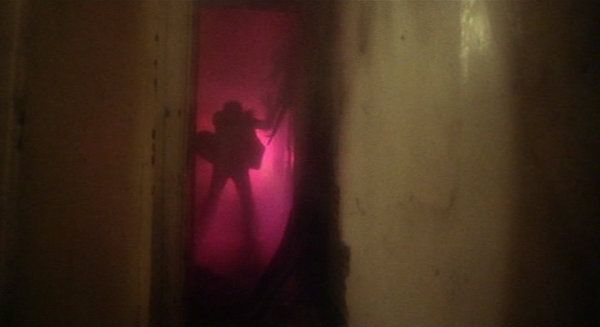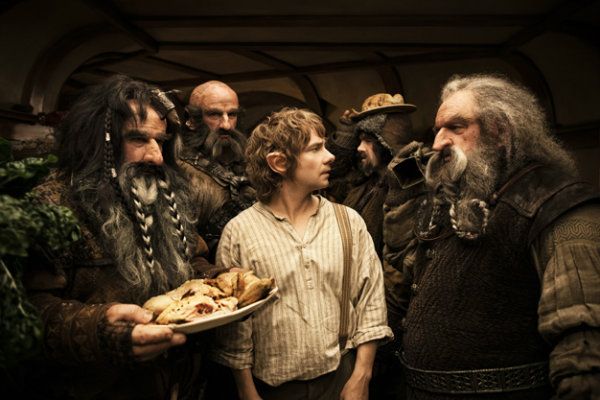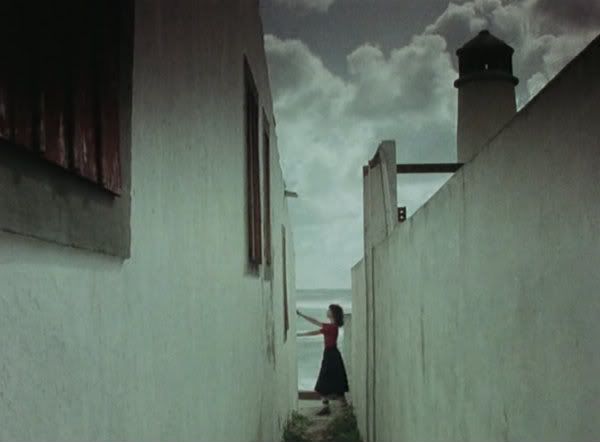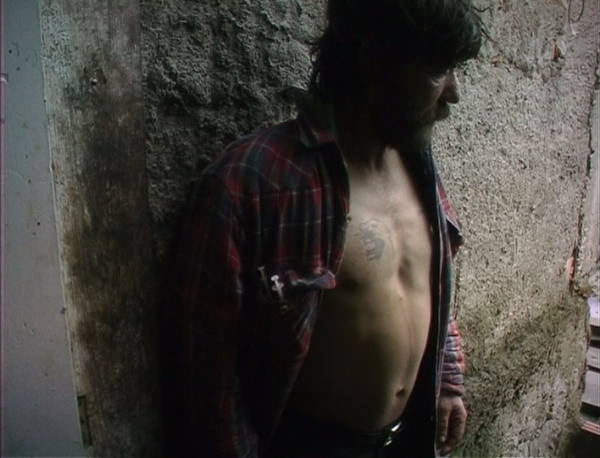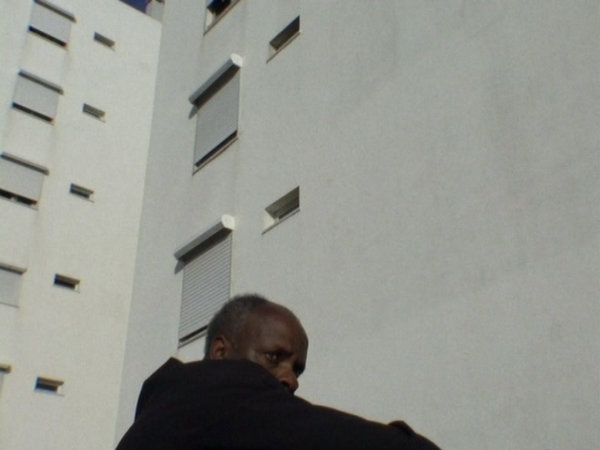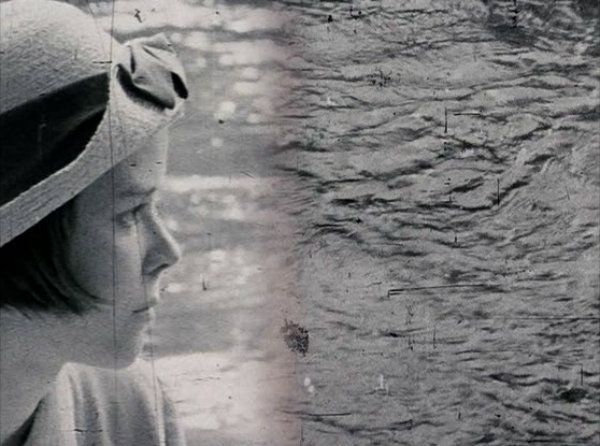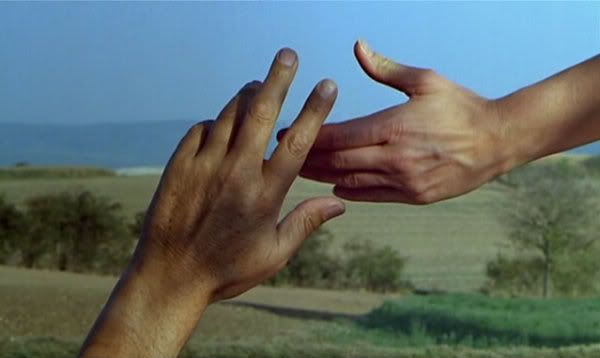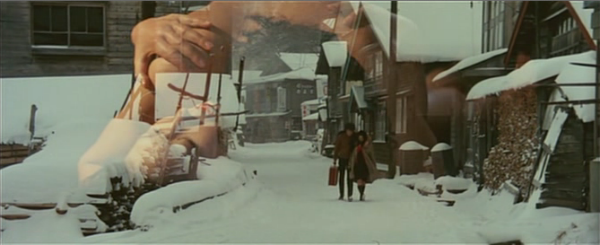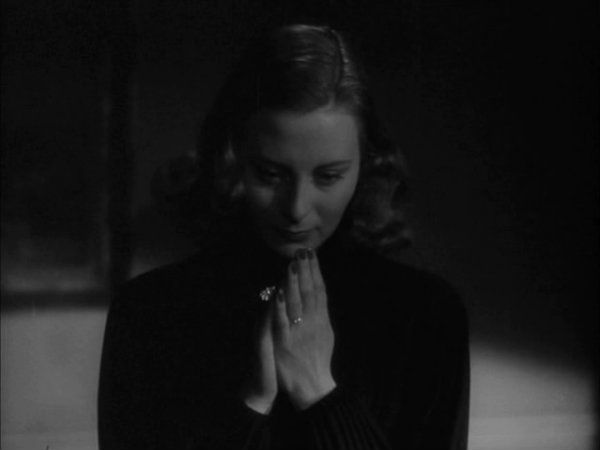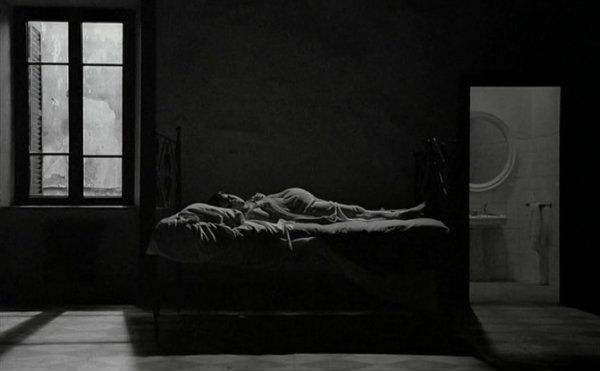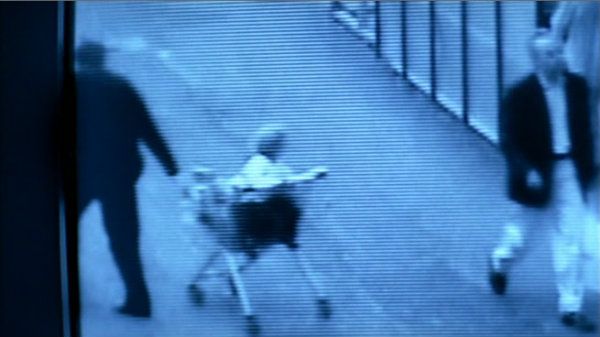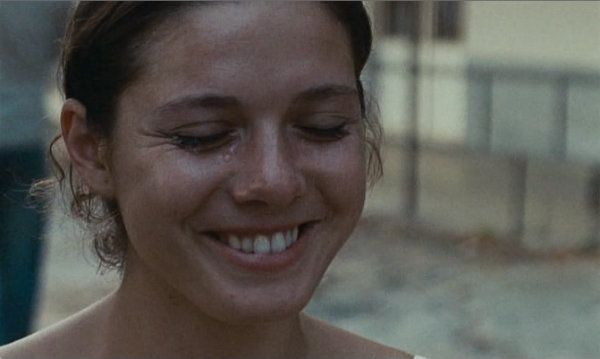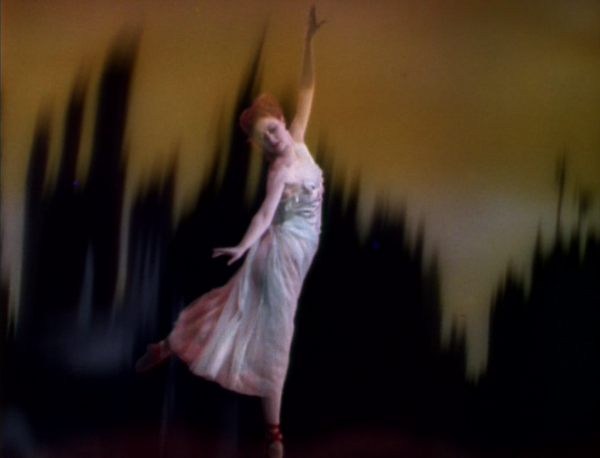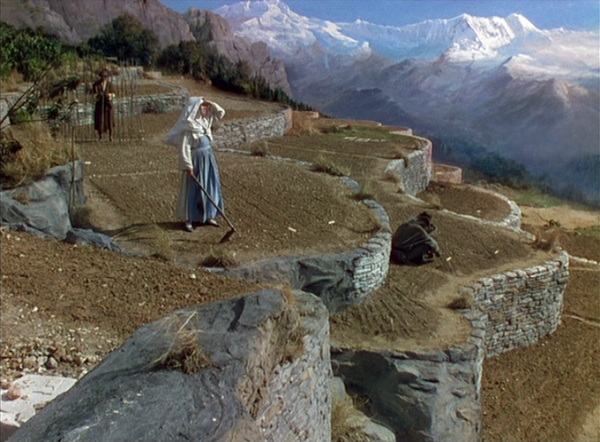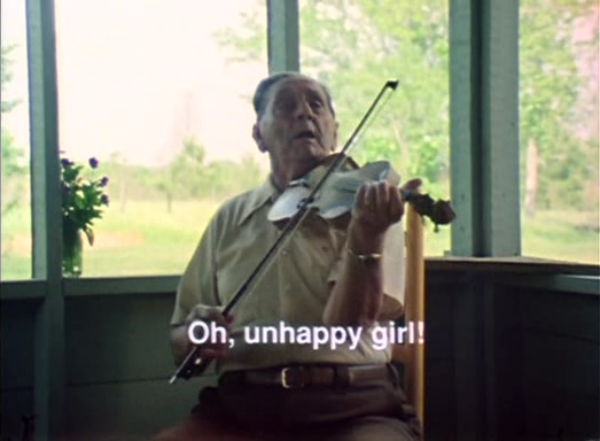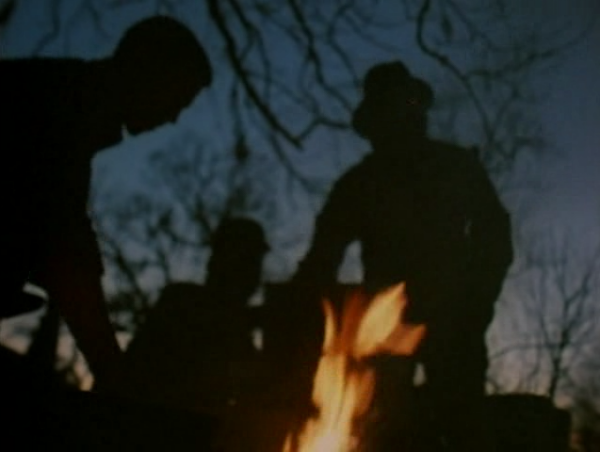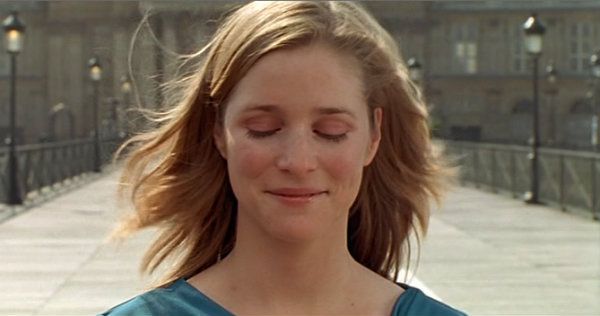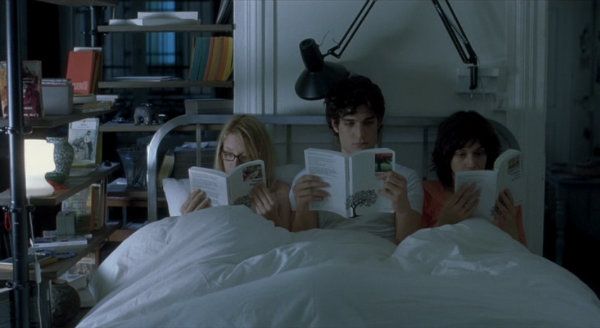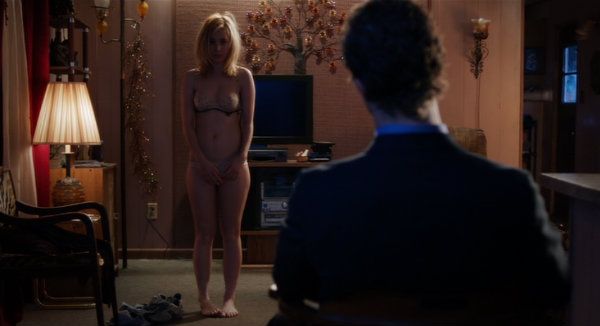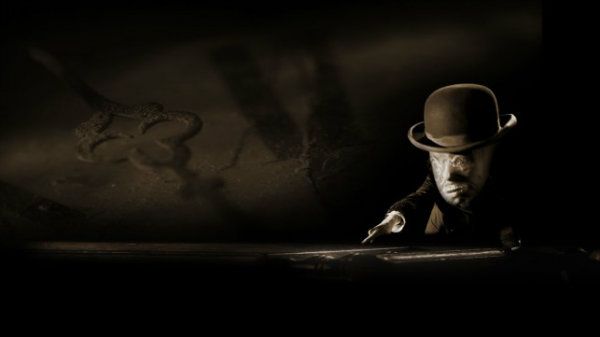Global Film Initiative (GFI) and MoMA present Global Lens 2013: 10 films from developing film communities as diverse as Kazakhstan and Chile, in a traveling exhibition. From January 10th - 25th, the program holds up shop in NYC, where many of the titles are making their North American or New York premieres.
To celebrate the 10th year, Global Lens starts with a week-long run of Zhang Yuan's
Beijing Flickers and Eduardo Nunes's
Southwest; an overlooked earlier film,
Life Kills Me (2007), from Chilean director Sebastián Silva (whose 2009 film
The Maid was much admired);
Cairo 678, a big hit at MoMA's 2011 New Directors/New Films festival, and much more. I am just stupefied by the caliber of these films. I just wish I had more time to watch all ten.
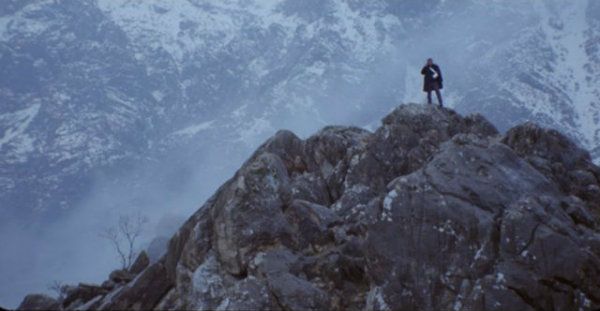 MODEST RECEPTION (Iran)
MODEST RECEPTION (Iran)
Two city slickers, Gaveh (director Mani Haghighi) and Leila (Taraneh Alidoosti) decked with plastic bags full of money and an iphone in their luxury foreign car, set out to distribute the money in an impoverished, mountainous border area. With each poor inhabitant they meet, a new Faustian condition is devised for their handouts: They make one brother swear on the Qu'ran that he won't share his money with the other brother; posing as a vet, they throw money at a man who's about to put down his injured mule not to do it; they try to buy off a dead infant from a grieving father digging a grave, and so on. Their subjects are mostly simple, honest folks who are tested by the protagonists to sell out. But as their sardonic games play out, it's their moral ambiguity that is put to the test. This fable-like nature of the film is still very much based on reality. Biting and thought provoking,
Modest Reception is another great film from Iran.
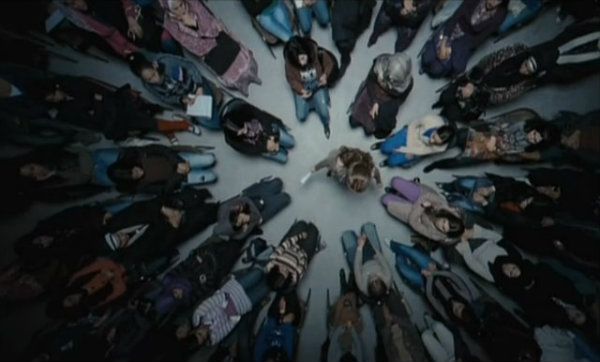 CAIRO 678 (Egypt)
CAIRO 678 (Egypt)
Based on real life incidents,
Cairo 678 delicately interweaves the lives of three Egyptian women from different social standings, all victims of endemic sexual harassment. The film highlights the culture of shaming victims in a male dominant society. The film was accused of 'inciting violence against men and their genitalia with sharp objects'. It not only succeeds in making a point, but showing a glimpse of a rapidly changing Muslim society as well, with the help of superb performances by its leads (Bosra, Nelly Karim and Nahed El Sebai).
 SOUTHWEST (Brazil)
SOUTHWEST (Brazil)
Its audacious 3.66:1 ratio b&w photography accentuates the beauty of this fairy tale steeped in that unmistakable Latin American magical realism tradition.
Sudoeste is quite the opposite of recent Cinema Novo, exemplified by
City of God and
Elite Squad.
Clarice, a girl who bears her dead mother's name gets to live the life she never got a chance to, all in one day, from childhood to old age. Every frame is exquisitely composed. Majestic horizontal space boxes in the viewer's perception, creating a fantastic netherworld. Lyrical and dreamlike,
Southwest needs to be seen on the big screen.
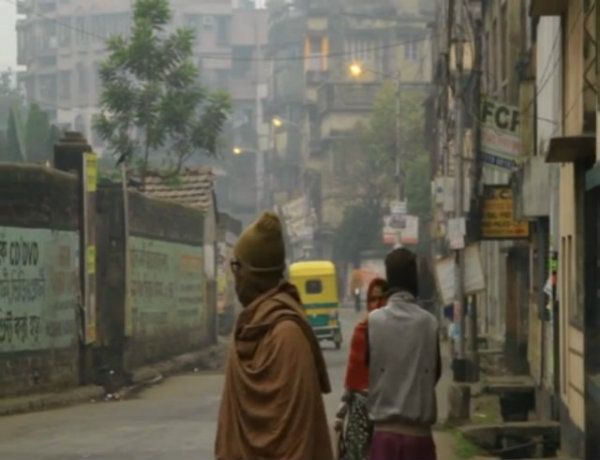 SHYAMAL UNCLE TURNS OFF THE LIGHTS (India)
SHYAMAL UNCLE TURNS OFF THE LIGHTS (India)
The film tells a simple story of a frugal elderly pensioner's sprawling quest through the Kafkaesque Indian bureaucratic system to turn off the street lights during daytime, because he deems it wasteful.
Shyamal Uncle is at once a neorealist tour of a bustling urban Indian jungle and a delightful observational comedy that offers lots of laughs and charms.
Global Lens runs Jan. 10 through 25. Please visit MoMA website for tickets and times.
